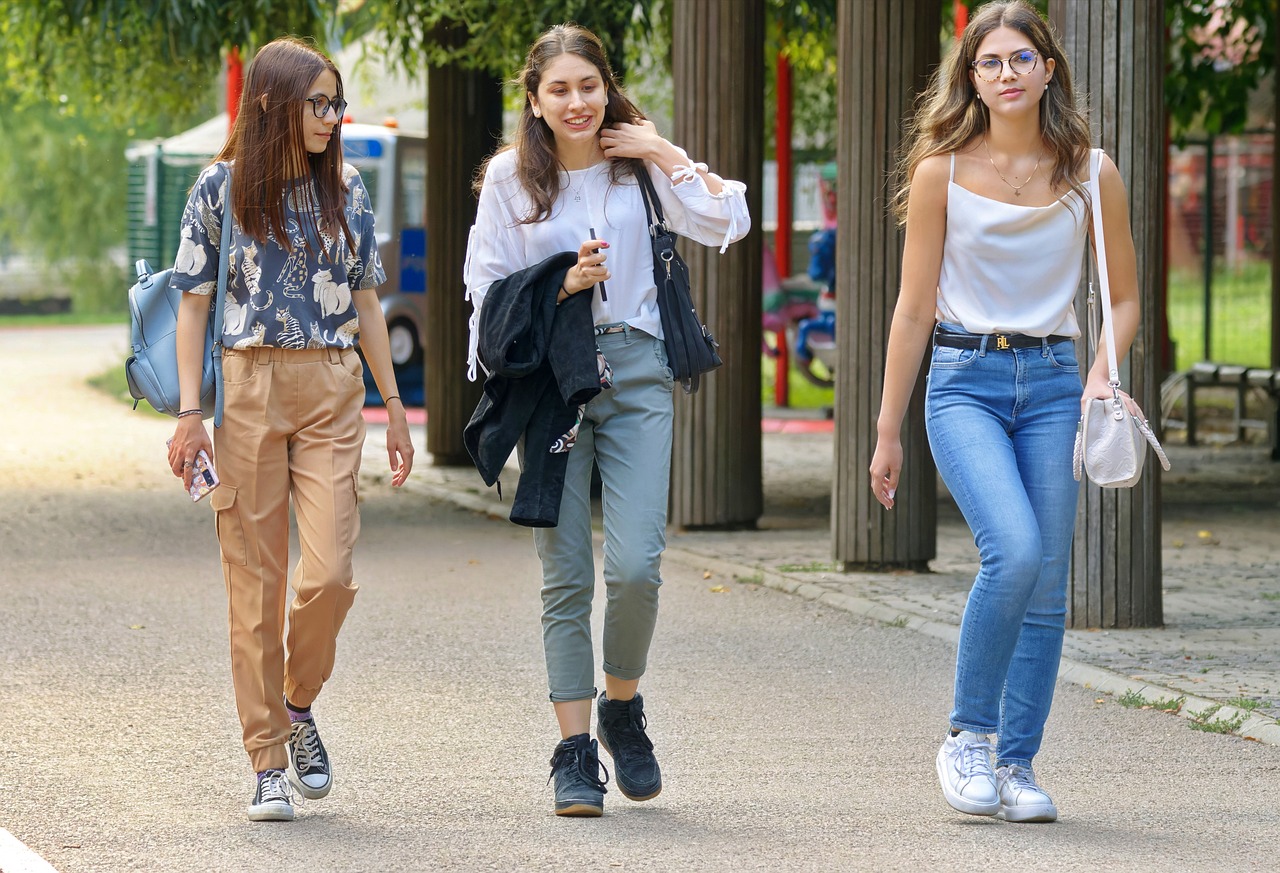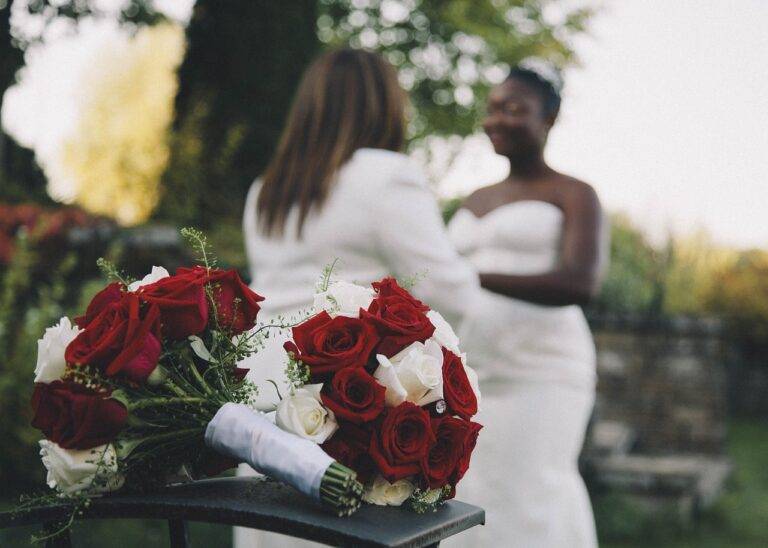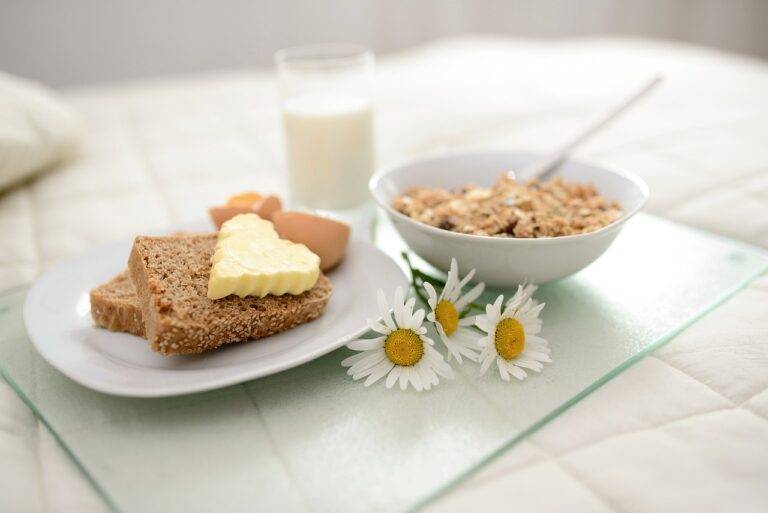Mindful Gardening for Pollinators: Creating Habitats for Bees, Butterflies, and Birds
It’s no secret that pollinators play a crucial role in gardening. From bees and butterflies to birds and bats, these tiny creatures are responsible for transferring pollen from one plant to another, facilitating the fertilization process. Without pollinators, many plants would not be able to produce fruits and seeds, leading to a decline in biodiversity and overall ecosystem health.
In addition to ensuring successful plant reproduction, pollinators also help increase the yield of crops in home gardens and farms. By attracting a diverse range of pollinators to your garden, you can enhance the productivity of your plants and promote a healthy ecosystem. Creating a welcoming environment for these vital creatures through the use of native plants, providing water sources, and avoiding the use of harmful pesticides is key to supporting pollinators in your gardening endeavors.
Creating a Diversity of Plants in Your Garden
Diverse plantings in your garden can provide numerous benefits. By including a variety of plants, you can attract a range of pollinators, such as bees, butterflies, and birds. These pollinators play a crucial role in the reproduction of many plant species, helping to ensure a healthy and thriving garden ecosystem.
Furthermore, a mix of plants can also help to improve soil health and reduce the risk of pests and diseases. Different plant species have varying root structures and nutrient needs, which can help prevent soil depletion and promote overall soil fertility. Additionally, diverse plantings can create a more visually appealing and dynamic garden space, adding texture, color, and interest throughout the seasons.
Why are pollinators important in gardening?
Pollinators play a critical role in the reproduction of many plants by transferring pollen from one flower to another, allowing them to produce fruits and seeds. This process is essential for a diverse and thriving garden ecosystem.
How can I create a diversity of plants in my garden?
To create a diverse garden, choose a variety of plants with different colors, shapes, sizes, and blooming times. This will attract a wide range of pollinators and provide a more visually appealing and ecologically balanced garden.
What are some easy-to-grow plants that can help increase diversity in my garden?
Some easy-to-grow plants that can help increase diversity in your garden include lavender, sunflowers, zinnias, and coneflowers. These plants are not only beautiful but also attract a wide range of pollinators.
How can I support pollinators in my garden?
To support pollinators in your garden, avoid using pesticides, provide a water source, and plant a variety of native plants that bloom at different times throughout the year. Creating a pesticide-free and diverse garden will help attract and support pollinators.
Why is diversity important in a garden?
Diversity in a garden is important because it creates a more resilient ecosystem, attracts a variety of beneficial insects, and promotes healthier plant growth. A diverse garden is also more visually interesting and enjoyable to be in.





